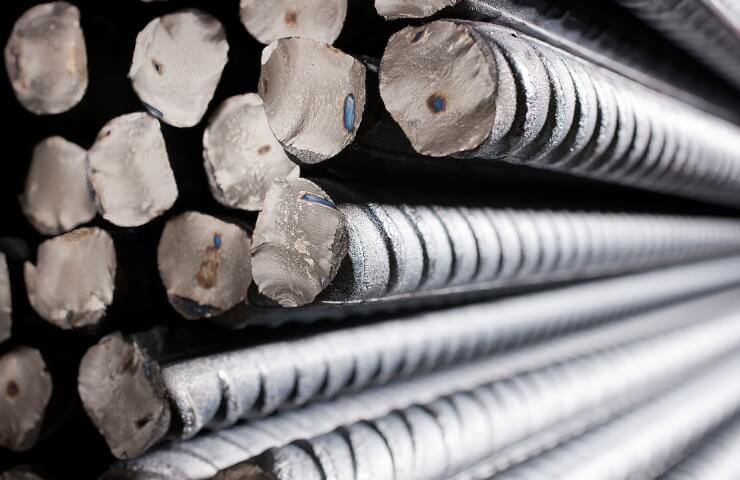The potential price increase contemplated by European long steel producers on the back of resilient production costs did not materialize as buyers delayed replenishing inventories as they observed a slowdown in international market activity.
In the domestic market, selling prices for Italian steel fittings fluctuated around 600 euros per ton on ex-factory terms, while discounts of up to 10 euros per ton were provided for large tonnages. Similar levels were quoted for Italian rebar in neighboring countries, which still did not generate much interest.
Drawing quality wire rod in Italy, Spain and north-western countries was sold at €650-670 per tonne with delivery to local and nearby markets, and wire rod of Italian mesh quality was about 20 euros per tonne cheaper.
“Demand is low and we have to fight for every order,” said one participant in the Spanish market. In Poland, wire rod prices locally and from other EU suppliers were even higher, at €670-700 per tonne supplied.
In Germany and other Western European countries, consumption is estimated to have fallen by around 25- 40% compared to previous years, with customers preferring to cover their needs with local materials. Small construction companies are working on a reduced schedule as demand remains weak, a German participant said.
Polish rebar was still available at €640-650 per tonne for supplies to consumers in the Baltics and Central Europe. Spanish factories continued to offer rebar at a price of 640-650 euros per ton CFR to neighboring countries. Many participants were concerned about talk that Celsa was planning to sell its assets in Poland, Norway and the UK, but the company did not respond to a request for comment.
In the Baltic region, buyers took a wait-and-see approach amid lower prices, wanting to replenish inventories at lower levels, given that sellers were quoting imported rebar at €630-635 per tonne.
Spanish buyers were reported last week to be considering buying wire rod of drawing quality at €610-615 per tonne CFR in the Mena region, with Turkish suppliers now poised to offer at the top end of that range, but no deals have been reported. In particular, Turkish rebar was quoted mainly at $610-620/t FOB, and wire rod at $620/t FOB and higher, but some sellers were more aggressive and were willing to sell $5-10/t cheaper.
Egyptian sellers were offering rebar and wire rod at $600/t FOB and $610/t FOB respectively, but some were willing to accept lower prices. In previous weeks, sales from Egypt went mainly to the US, Europe and nearby markets. Businesses in Algeria and the Gulf are focusing their attention on the domestic market or higher-value markets. Malaysian and Vietnamese wire rods were selling at around €610/t CFR, while other Asian wire rod prices were slightly lower. Wire rod prices in Indonesia have recently fallen by $15/t to $545/t FOB.
European buyers were not willing to significantly replenish inventories from local or foreign suppliers. The average distributor doesn't even buy at lower prices because they are afraid they will have too much inventory, said an EU market participant. Interest rates are also very high, he added.




